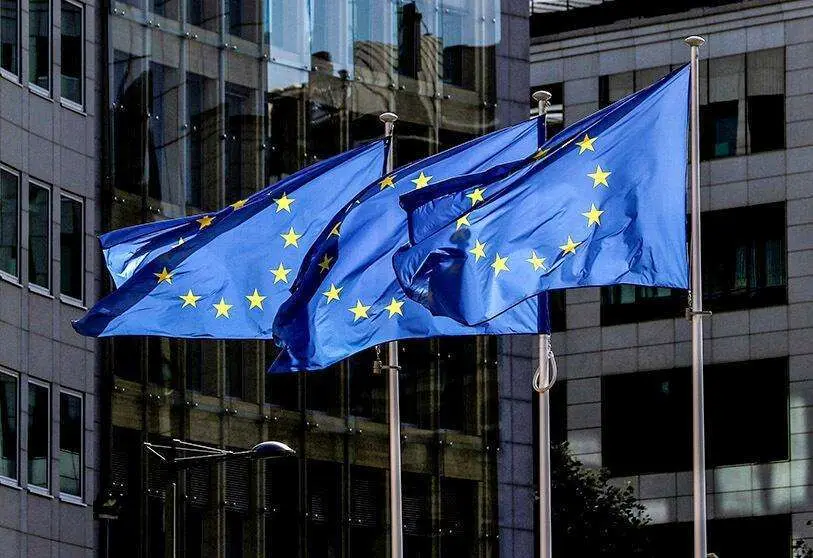La Comisión Parlamentaria mixta Marruecos-Unión Europea se reúne en Bruselas para analizar dos informes

A delegation of the Morocco-EU Joint Parliamentary Committee visited the Parliaments in Brussels and Strasbourg before the summer recess. The Commission is a body composed of Moroccan and European parliamentarians with the aim of promoting cooperation between the two parliaments on various issues.
According to a statement issued by the Moroccan House of Representatives, the Kingdom's delegation met between the week of 27 June and 4 July with up to 36 Members of the European Parliament to examine two reports drawn up by the Foreign Affairs and Human Rights Committees.
The Commission welcomes the strengthening of Euro-Mediterranean cooperation with these initiatives that "encourage common development in the fields of renewable energy, peace, security, agriculture, maritime fisheries, migration and the fight against terrorism". The points cited in the communiqué are the pillars of relations between Morocco and the EU. The Moroccan parliamentarians are said to have insisted on combining Euro-Moroccan efforts to confront new threats to these basic sectors.
The visit was also an opportunity to discuss with MEPs the tragedy at the Melilla fence, when an assault by up to 2000 migrants resulted in the deaths of at least 23 of them, along with around 150 injured. During the plenary session of the European Parliament on 4 July, the issue was on the agenda, with Home Affairs Commissioner Ylva Johansson (Sweden) speaking.
Johansson, who deeply regretted the deaths of at least 23 people, supported in her speech the calls for an investigation by the African Union and the United Nations. He also welcomed the investigations launched by the Spanish Public Prosecutor's Office and the Moroccan Human Rights Commission.

According to a press release from the Moroccan House, the delegation examined the contents of a report being prepared by Luxembourg MEP Isabel Wiseler-Lima of the European People's Party Group on the protection of media professionals outside the European Union. According to the press release, the report is being drafted with the collaboration of several journalists and experts from the world of communication. According to Wiseler-Lima's press office, the MEP did not have a meeting with the Moroccan delegation and the report is not yet ready so no details have been made public.
According to the Moroccan Parliament's communication, the delegation expressed its concern about a "draft recommendation" promoted by the Commission on Human Rights that would affect Morocco and which the communiqué calls "anti-Moroccan". Wiseler-Lima's communication office denied to Atalayar that this draft recommendation is linked to the report being prepared by the MEP, as it is not yet complete. The report on the protection of journalists outside the EU is due to be presented to the European Parliament in September after the summer recess.
Secondly, the Moroccan delegation studied the report of the Foreign Affairs Committee presented by the Spanish MEP of the Popular Party, Antonio López-Isturiz, on the "Security Policy on the renewed partnership with the southern neighbouring countries", a topical issue after the tragic episode on the southern border of Europe.
The López-Isturiz report includes two amendments tabled by Marisa Matias of the Portuguese Bloco de Esquerda and Idoia Villanueva Ruiz of Podemos, both MEPs in the Confederal Group of the European United Left/Nordic Green Left. Amendment 179 directly accuses Morocco of human rights violations in the area of migration, as well as holding the EU hostage to its foreign policy. Amendment 192 calls for "support for the UN resolutions on Western Sahara [...] respect for the legality and the judgements of the Court of Justice of the European Union (CJEU) concerning Morocco's plundering of the natural resources of the Sahara". An amendment which, in short, goes against the line taken by the European Union in valuing the Moroccan autonomy proposal as a solid basis for dialogue and the resolution of the Sahara issue. It also opposes the European Parliament's approval of a fisheries cooperation agreement in Saharan waters.
Both proposals by MEPs have been branded as "anti-Moroccan" by the House of Representatives' communiqué.









